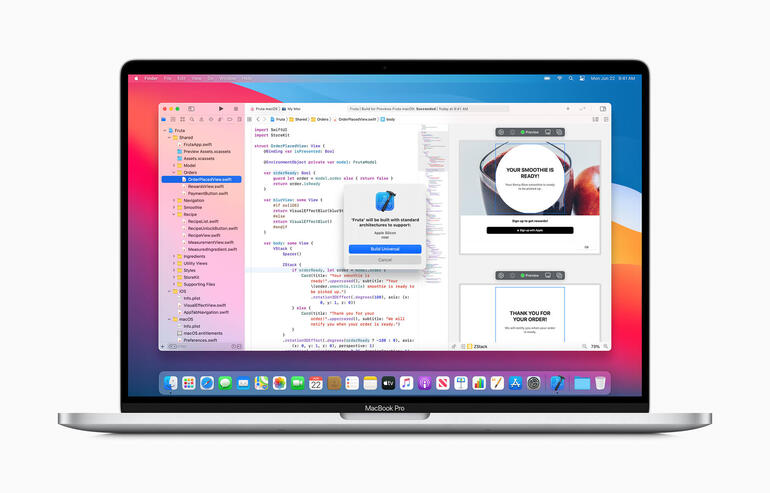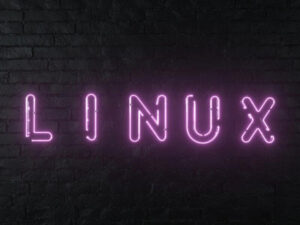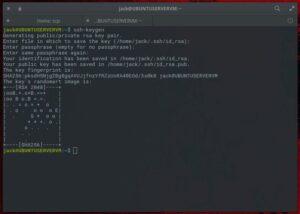Six months into using his M1-powered MacBook Pro and Jack Wallen is just as impressed as he was on day one. Find out why he believes Apple Silicon should have Intel execs nervous about the future.

Image: Apple
I have to admit, I was skeptical, but I bought into Apple Silicon. Although the OS still ran like a champ, my old MacBook Pro’s keyboard was suffering under the weight of a dust particle or two and I was starting to grow weary of leaning on Intel-based Apple hardware, knowing what the M1 chips did portend.
Ergo, I made the purchase.
As you can read in my piece: Review: MacBook Pro 2020 with M1 is astonishing–with one possible deal-breaker, I was not disappointed. In fact, my initial reaction to the M1 hardware was nothing short of shocked at how impressive a piece of gen 1 hardware could be. Of course, it is Apple, who happens to know its way around the scene.
SEE: Electronic communication policy (TechRepublic Premium)
Even so, there was still a bit of doubt in my mind. Would these new chips (and the operating system that powered them) stand the test of time? Or would I find the MacBook Pro’s performance degenerating over time? Would the hardware fail? Finally, would I find software I needed which had no support for Apple Silicon?
It’s been six months now. I’ve been using the MacBook Pro daily for certain tasks, and I’m here to report that my opinion of the M1-powered Apple laptop is just as good on day 180 as it was on day one.
-
Speed is still amazing
-
Stability continues to impress
-
The laptop never gets even slightly warm
-
Battery life is tops
-
Keyboard? Perfection
-
Software? Everything I need works
In other words, Apple has succeeded in upending the hardware game. They’ve shown every company on the planet how to succeed at hardware, without compromise—every hardware manufacturer in the business should take note.
Spoiler alert: some of them have. For instance, take the rumors that Google will be creating its own Whitechapel chips for the Pixel 6. That’s huge, and probably wouldn’t have come to fruition had Apple not made everyone realize that it can be done and done with a very high measure of success.
That success should have Intel execs suffering from night terrors and hair loss—this is only the beginning of the chip wars. Given Intel has already suffered a few serious blows over the years (think Spectre), their woes are only just beginning.
Apple struck the first blow. Google is next, although that’s a blow to Qualcomm and not Intel. Which company will soon place their iron into the fire? Will it be a brilliant and always forward-thinking System76? Its already making its own desktop hardware—the Thelio, which is my daily driver. Is it such a far stretch of the imagination that Carl Richell is in his Denver office figuring out how his company could begin creating a Thelio CPU? It wouldn’t surprise me one bit if he pulled that feat off, and open source the chip along the way.
Consider that possibility: an open source company creates a game-changing CPU chip and releases the specs. That could mean game over for the likes of Intel. Given System76’s record with the Thelio desktop, if they were to pull something like that off, it most certainly would be game-changing.
Of course, that’s all fantasy at the moment. I have no reason to believe Richell is plotting such a scheme (Carl, if you’re listening, you should do it).
Back to reality.
After six months with the M1-Powered MacBook Pro, I couldn’t be happier. The 13″ laptop is a perfect mixture of power, elegance, simplicity and reliability. Even better, after having used the machine daily, it’s not hinted at the slightest degradation in speed or reliability. The laptop is as impressive today as it was on that first day.
To be fair and transparent, I use my M1 MacBook Pro for the following:
So my usage is limited to the following apps:
Now that I’ve listed out the apps I use on the laptop, I realize my use case is actually above average. The video rendering alone puts my usage in another class. As the MacBook performed at the beginning of its life, it still renders videos exponentially faster than the previous, Intel-based laptop, and I don’t see it slowing down any time soon.
Apple has a track record of opening the floodgates for ideas. The company isn’t just a leader in innovation, they help inspire other companies to greatness. That fact alone should have Intel execs continuing to lose sleep. Think about it: when was the last time Intel rolled out a chip that caught the world by storm? AMD certainly has had their moment with the Ryzen Threadripper. Now Apple has its game-changing chip.
Intel? Crickets.
Apple is leading chip innovation with the M1, while Intel stagnates. If other companies, such as System76, jump on board this chip tsunami, Intel will find themselves in serious trouble.
This is the tech industry—you cannot rest on reputation. If you’re not seriously innovating, you’re behind the curve. Apple has, for decades, proven itself to be one of the biggest innovators in technology. Every company on the planet should be following in those same footsteps.
So take heed, Intel. If Apple continues at this pace, it will usurp you as the global leader of CPU chips.
Subscribe to TechRepublic’s How To Make Tech Work on YouTube for all the latest tech advice for business pros from Jack Wallen.
Also see
Source of Article



